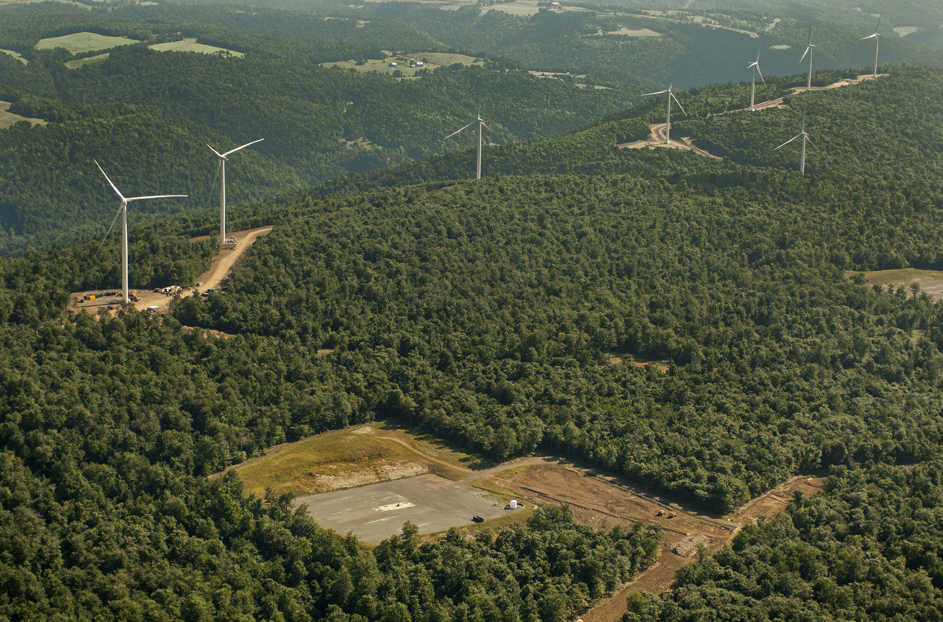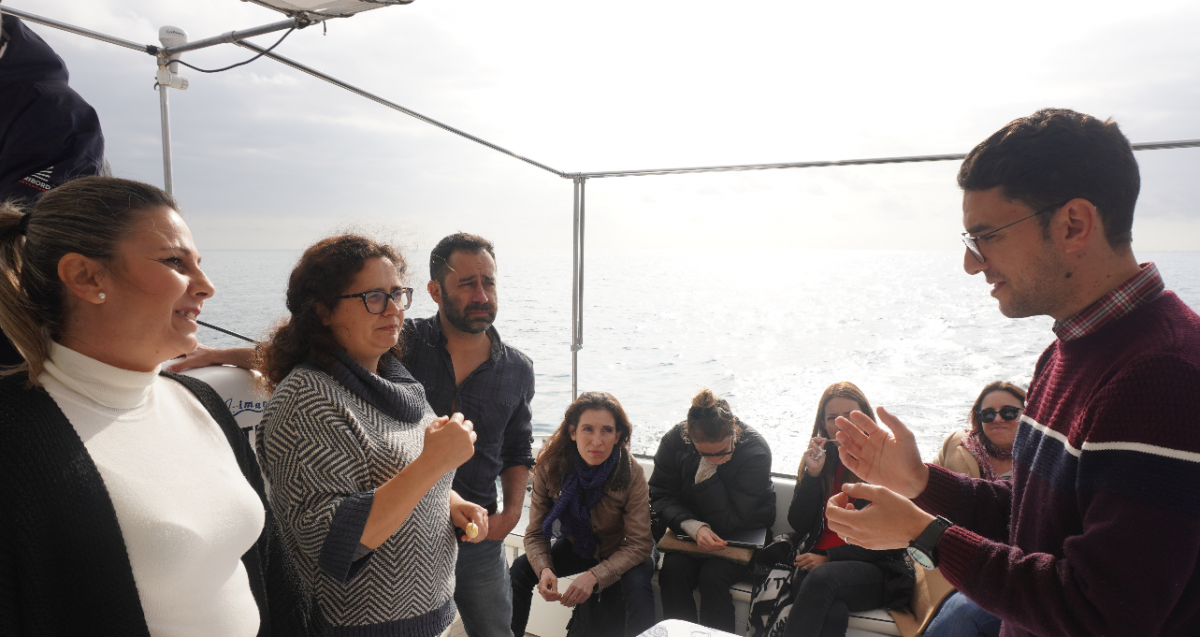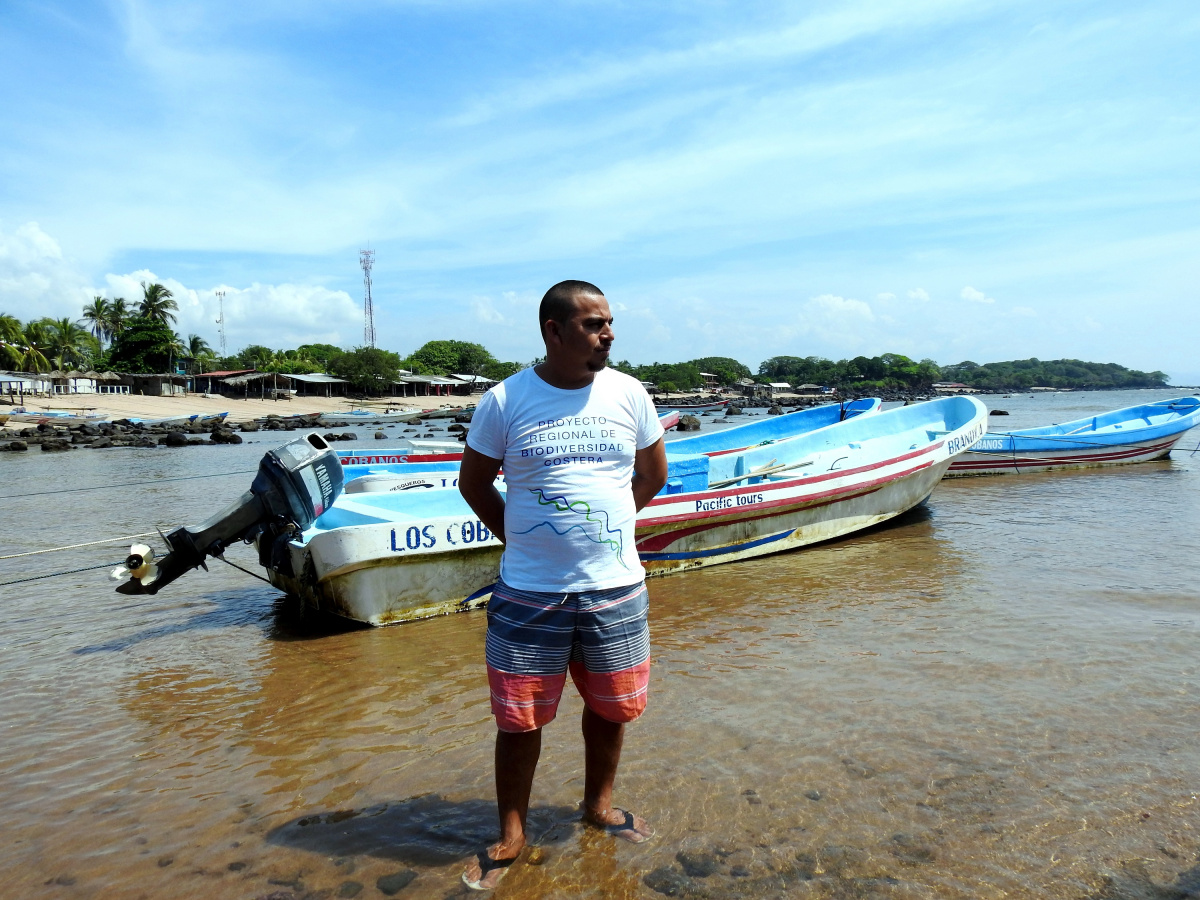New guidance aims to help investors mitigate biodiversity risks in renewables
To accelerate the renewable energy transition, IUCN and The Biodiversity Consultancy have developed a framework to help investors conduct early screening for biodiversity risks in the early planning and design phase of solar and wind projects. This step is critical for avoiding biodiversity impacts.

Photo: Mark Godfrey_The Nature Conservancy
The transition to a net zero energy system by 2050 will require a spectacular growth in solar and wind energy projects. Attaining net zero means that by 2050, almost 90% of global electricity generation will be sourced from renewables, with 70% of that coming from solar and wind, according to International Energy Agency (IEA).
The three new Guidance documents on early screening of biodiversity risks associated to onshore, offshore and solar developments outline the process to identify and avoid areas of high biodiversity sensitivity. These are relevant to project financers and developers and are applicable to developments around the world.
The recommended Guidance expands on IUCN’s recommendations to site projects away from sensitive areas (such as important wildlife habitats and migration routes), as this can help to avoid significant negative impacts, and in turn reduce the need for expensive and prolonged survey, mitigation, and approval processes.
This work builds on the IUCN/TBC Mitigating biodiversity impacts associated with solar and wind energy development: guidelines for project developers, launched in February 2021. To promote the uptake of the Guidelines, the main themes and recommendations have been summarised in the Synthesis and key messages report. This version, aimed at C-Suit decision-makers and renewable energy actors across the globe, provides a high-level overview of the Guidelines to facilitate uptake. The synthesis report is published in English, French, Spanish, Portuguese, and Chinese.
On 7 September during the IUCN World Conservation Congress in Marseilles in the Business and Nature Hub, prominent conservation organisations and leading energy companies will highlight the key solutions to effectively mitigate biodiversity impacts associated with solar and wind energy developments, and share their successful experiences with implementing them. They will also discuss the roles of key stakeholders, including public authorities and the private sector, ensuring that renewable energy development is nature and people-friendly.



